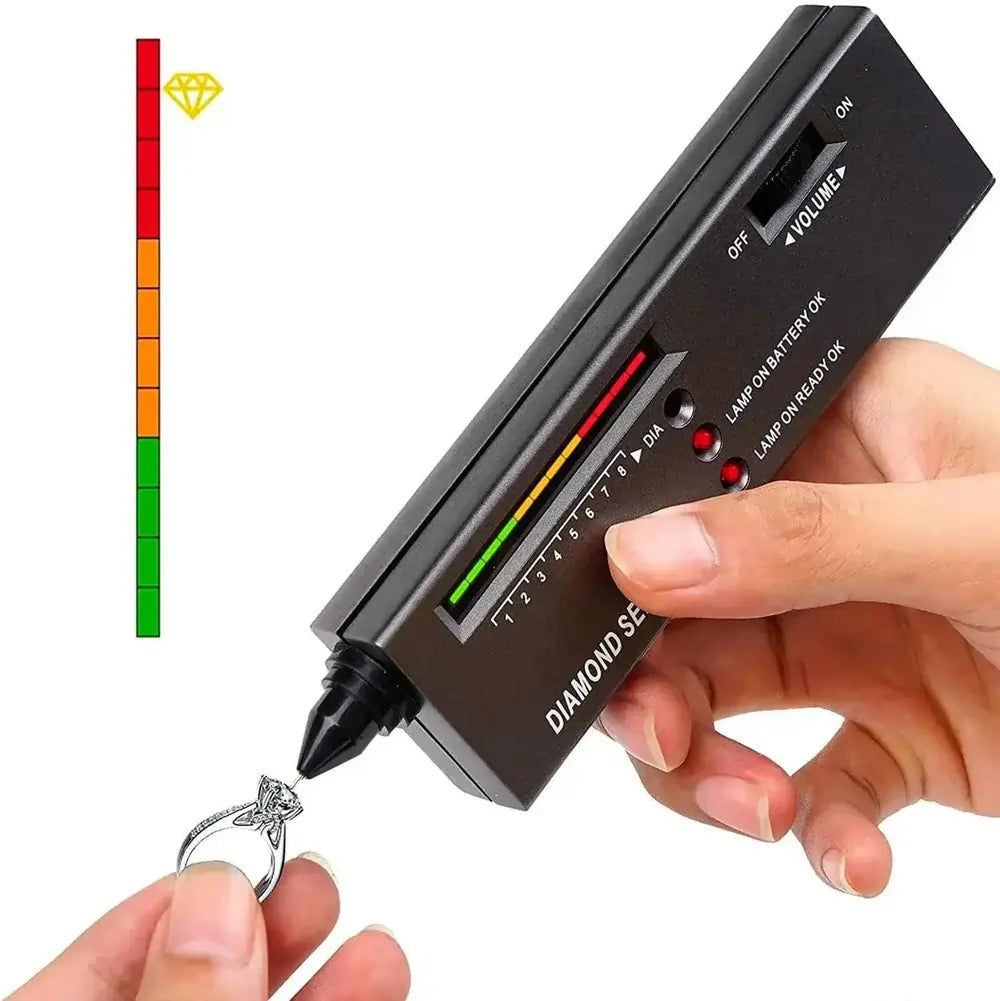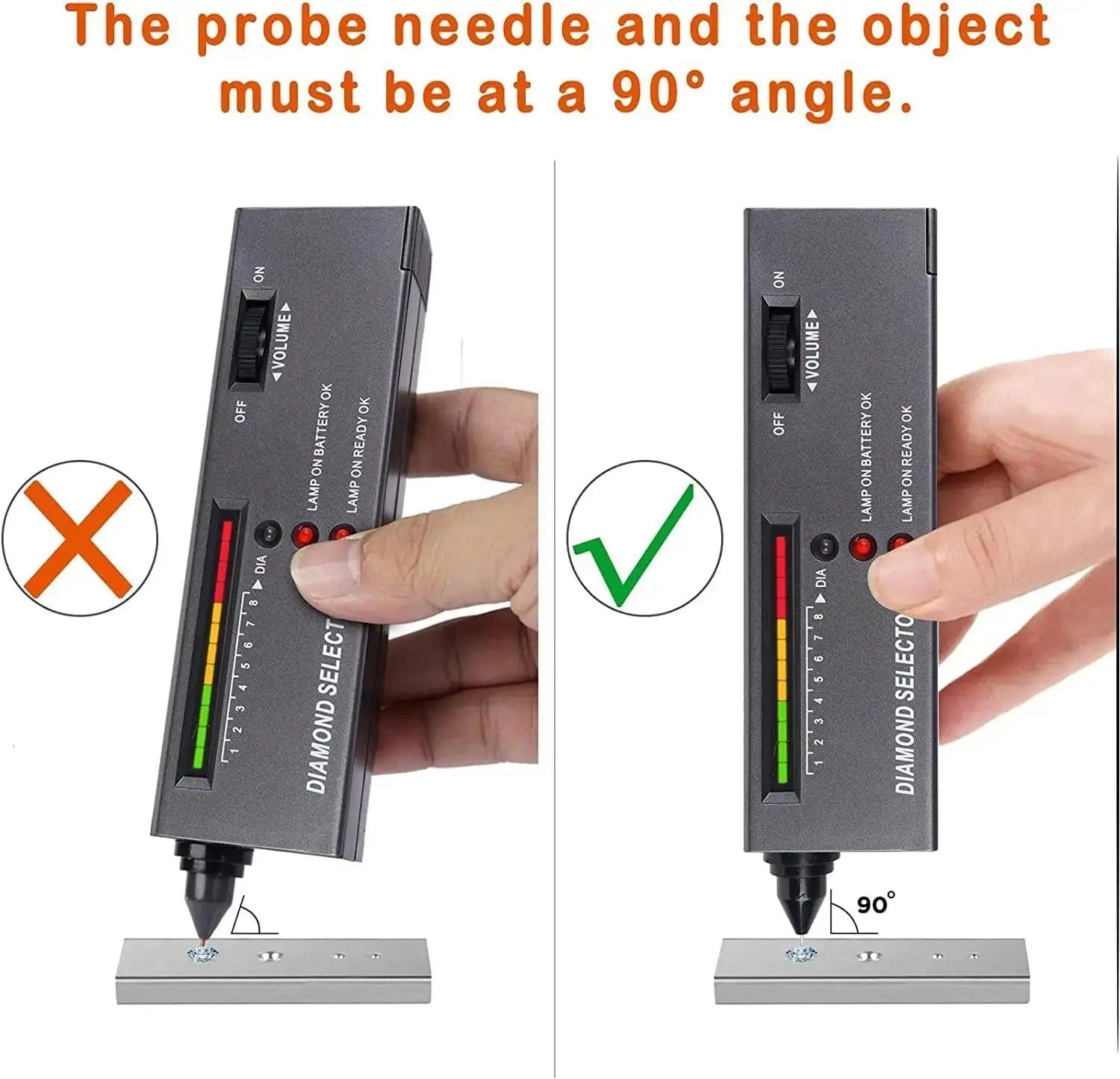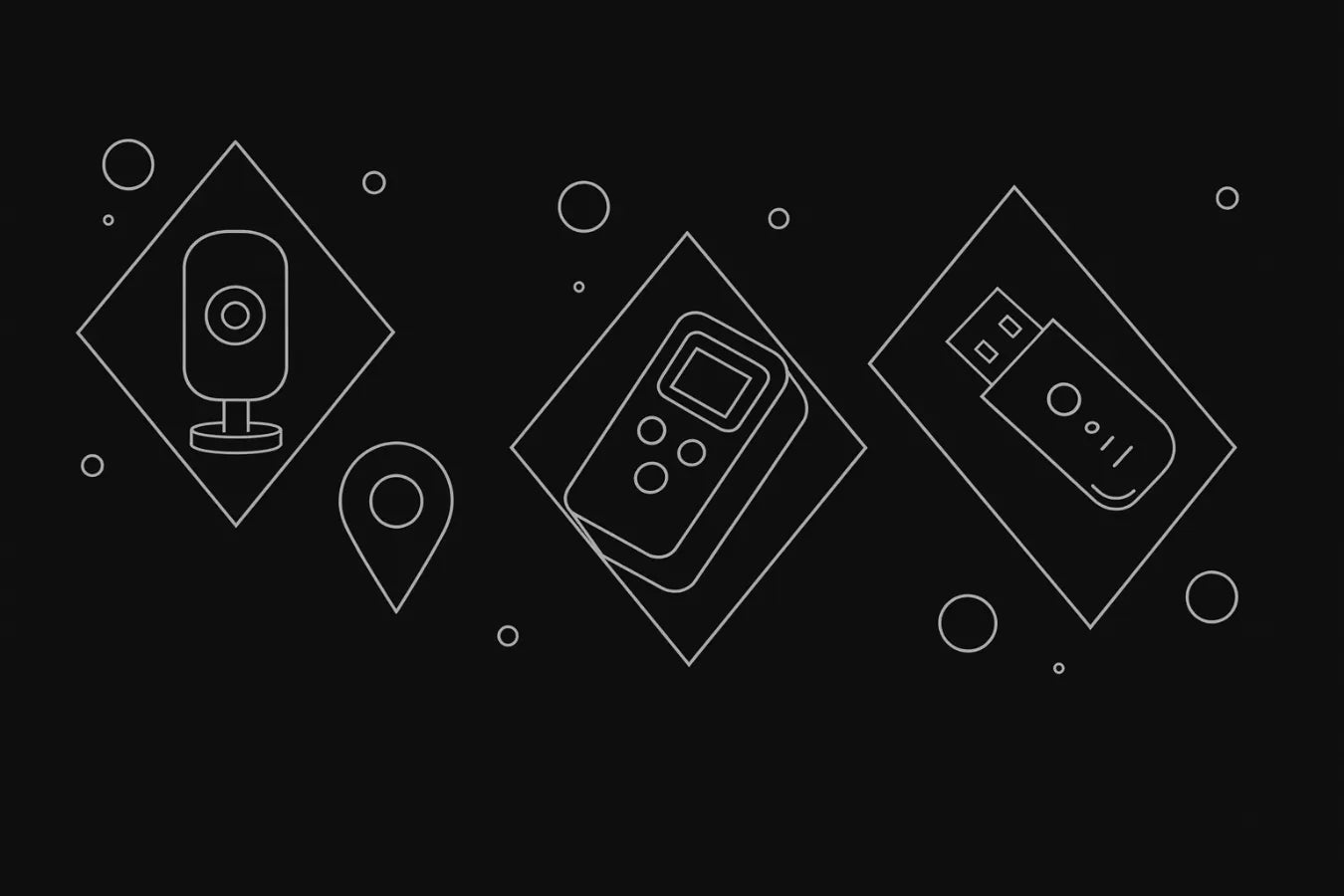Una tienda. Muchas soluciones para la vida cotidiana.
Solo por tiempo limitado
Súper oferta hasta 40% de descuento
Compra nuestra selección de productos exclusivos a precio reducido durante la Súper Venta. ¡Date prisa!
Compra ahoraGadgets inteligentes, hogar, belleza, auto y más
Comprar Nuevas Llegadas
Esté listo
Más vendidos


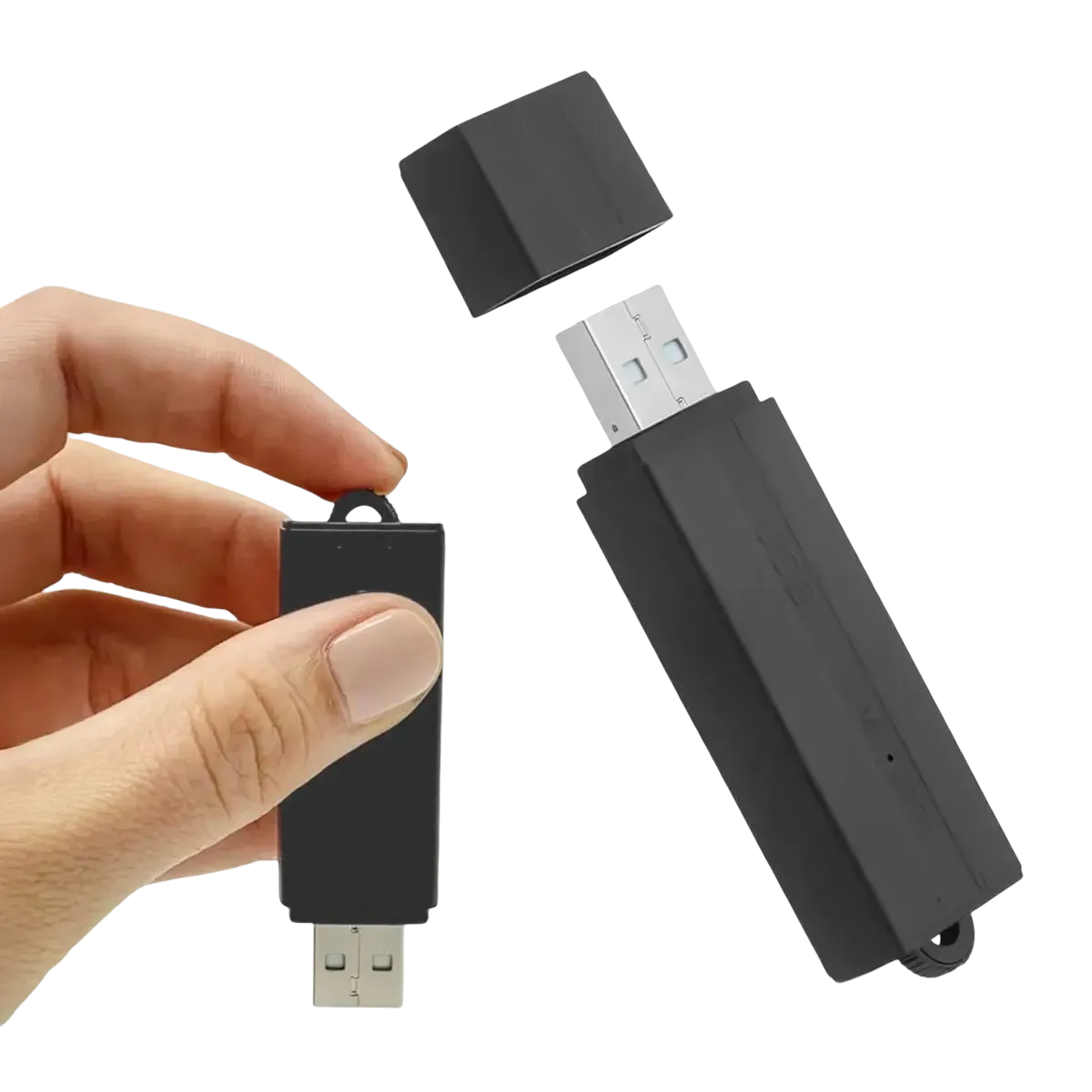
SEGURIDAD INTELIGENTE PARA LA VIDA REAL
No vendemos dispositivos para vitrinas, sino herramientas para situaciones reales: desde verificar lo que sucede alrededor de tu hogar, hasta asegurar tu coche, oficina o alquiler. Cada cámara, sensor y rastreador se elige para que sea fácil de instalar, sencillo de controlar desde tu teléfono y útil en la vida cotidiana.
Nuestra selección
Producto de la semana
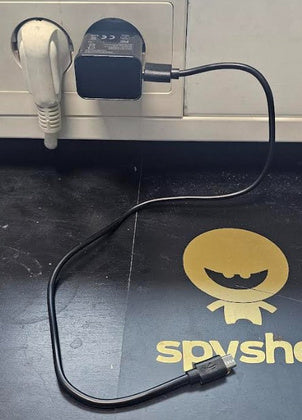


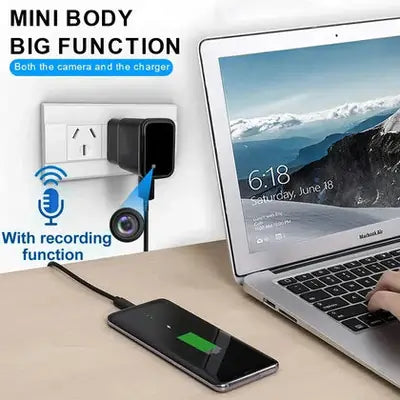
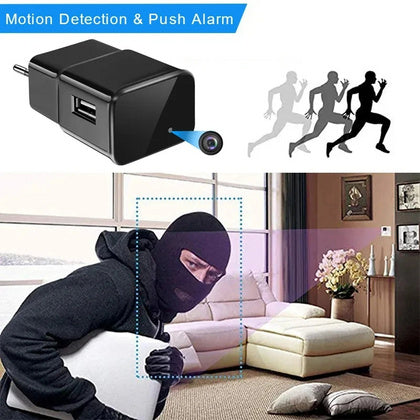

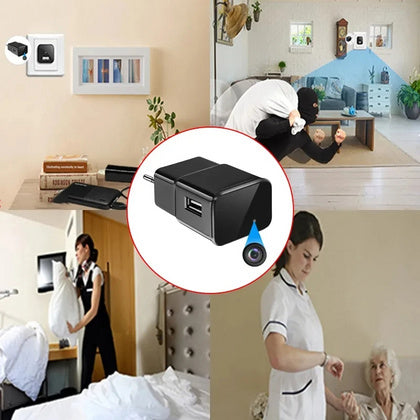
El Cargador de Teléfono con Cámara Oculta te ofrece monitoreo encubierto en un dispositivo cotidiano familiar. Este cargador con cámara oculta mantiene tus espacios protegidos sin llamar la atención.
Cargador de Teléfono con Cámara Oculta – Beneficios para Ti
✅ Vigila tu hogar u oficina discretamente para que siempre sepas lo que está pasando.
✅ Captura video continuo mientras cargas tus dispositivos para que nunca sacrifiques energía por seguridad.
✅ Revisa desde tu smartphone cuando lo necesites, dándote tranquilidad en tiempo real desde cualquier lugar.
✅ La grabación en bucle gestiona automáticamente archivos antiguos para que nunca te preocupes por el almacenamiento lleno que detenga las grabaciones.
✅ Configuración rápida plug-and-play para que tu cámara encubierta funcione rápido y estés protegido sin complicaciones.
Configura una protección silenciosa y sin interrupciones en minutos y siente tranquilidad inmediata.
Las cámaras de seguridad tradicionales pueden ser voluminosas u obvias, lo que las hace menos efectivas en situaciones donde el monitoreo sutil es importante. Este dispositivo se integra en cualquier habitación como un cargador USB típico, permitiéndote vigilar sin alterar la apariencia de tu espacio.
Dentro del cuerpo compacto del cargador, una pequeña cámara Wi‑Fi captura video claro en alta definición. Puedes transmitir las grabaciones directamente a tu smartphone, dándote acceso discreto a la actividad en tu sala, oficina, entrada o cualquier lugar donde desees mayor vigilancia.
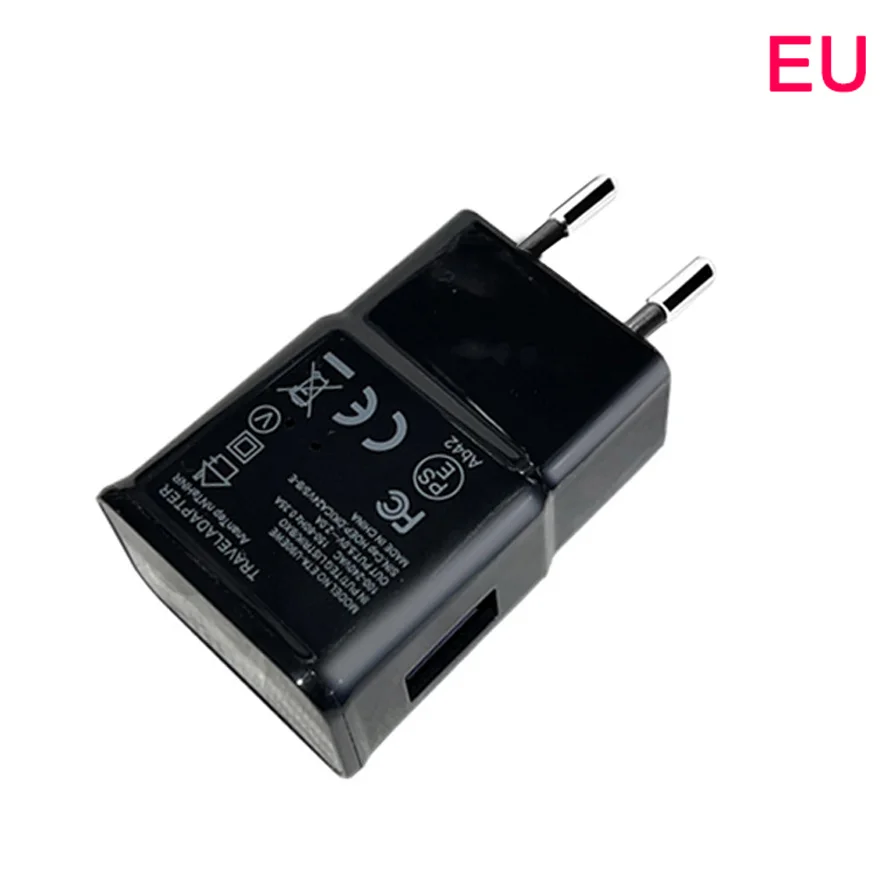
El diseño oculta la lente dentro de la forma estándar de un cargador, haciéndola casi imposible de detectar a menos que alguien sepa exactamente qué buscar. Esto mantiene tus esfuerzos de monitoreo privados y discretos.
Como funciona solo cuando está conectado a una toma de corriente, la cámara ofrece grabación constante e ininterrumpida sin limitaciones de batería. Es ideal para ubicaciones a largo plazo, como detrás de muebles, cerca de puntos de entrada o junto a dispositivos electrónicos.
La aplicación remota hace que controlar la cámara sea intuitivo, permitiéndote ajustar configuraciones, revisar grabaciones y verificar la transmisión en vivo cuando lo necesites. Ya sea que estés monitoreando por seguridad, cuidando mascotas o asegurando que tu espacio de trabajo se mantenga seguro, esta herramienta se integra sin esfuerzo en la vida diaria.
Bríndate seguridad confiable e invisible: actualiza hoy a este Cargador de Teléfono con Cámara Oculta.
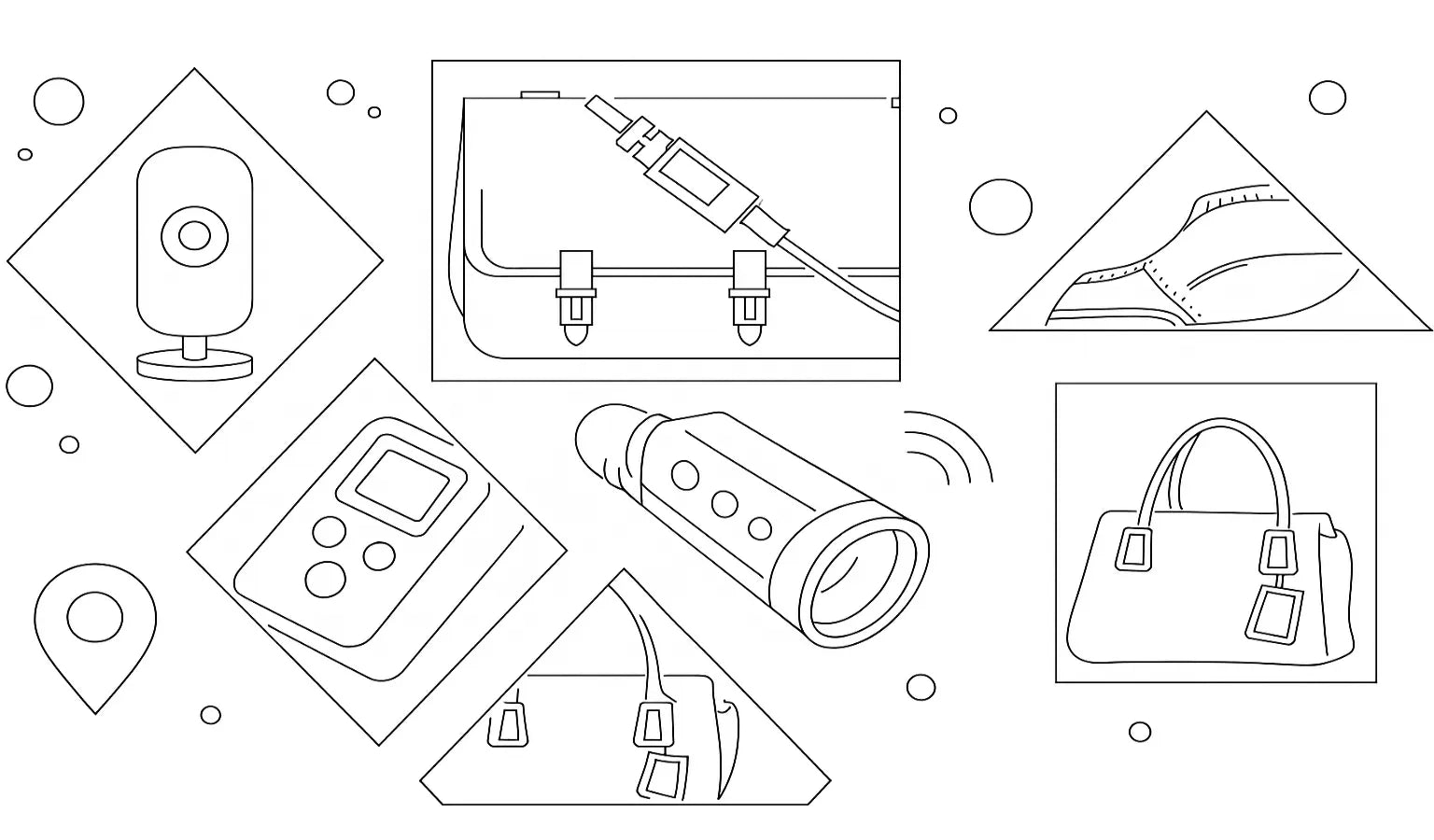
Probado y Confiable
Trabajamos solo con dispositivos confiables, probados en seguridad, de proveedores verificados, revisados por nuestro propio equipo antes de que lleguen a tus manos.
“El envío a Alemania tomó solo 4 días. ¡La calidad de la cámara espía me sorprendió!” Lukas P.
"Tienda increíble. El servicio al cliente me ayudó a elegir el rastreador GPS adecuado." Ana R.
“Exactamente lo que necesitaba para grabar reuniones discretamente. La batería dura para siempre.” Daniel M.
"Los accesorios para autos son de primera calidad. Instalados en 10 minutos sin herramientas.”
Tobias H.
“SpyShop nunca decepciona. Mi cuarto pedido y todo perfecto hasta ahora.” Sarah B

El comienzo
Primer equipo de espionaje, primeros clientes
SpyShop nació de una necesidad simple: equipo confiable para investigaciones reales. Comenzamos con algunas cámaras ocultas y grabadoras de voz, probadas en situaciones de la vida real, y rápidamente nos convertimos en el “lugar de referencia” para las personas que necesitaban saber qué está pasando realmente.

Conectándose en línea
De tienda local a tienda en línea
Para ayudar a los clientes fuera de nuestra ciudad, trasladamos SpyShop en línea. Por primera vez, cualquiera podía pedir equipo de espionaje discreto y productos de seguridad desde casa, con explicaciones claras, envío rápido y soporte amable en lugar de jerga técnica confusa.
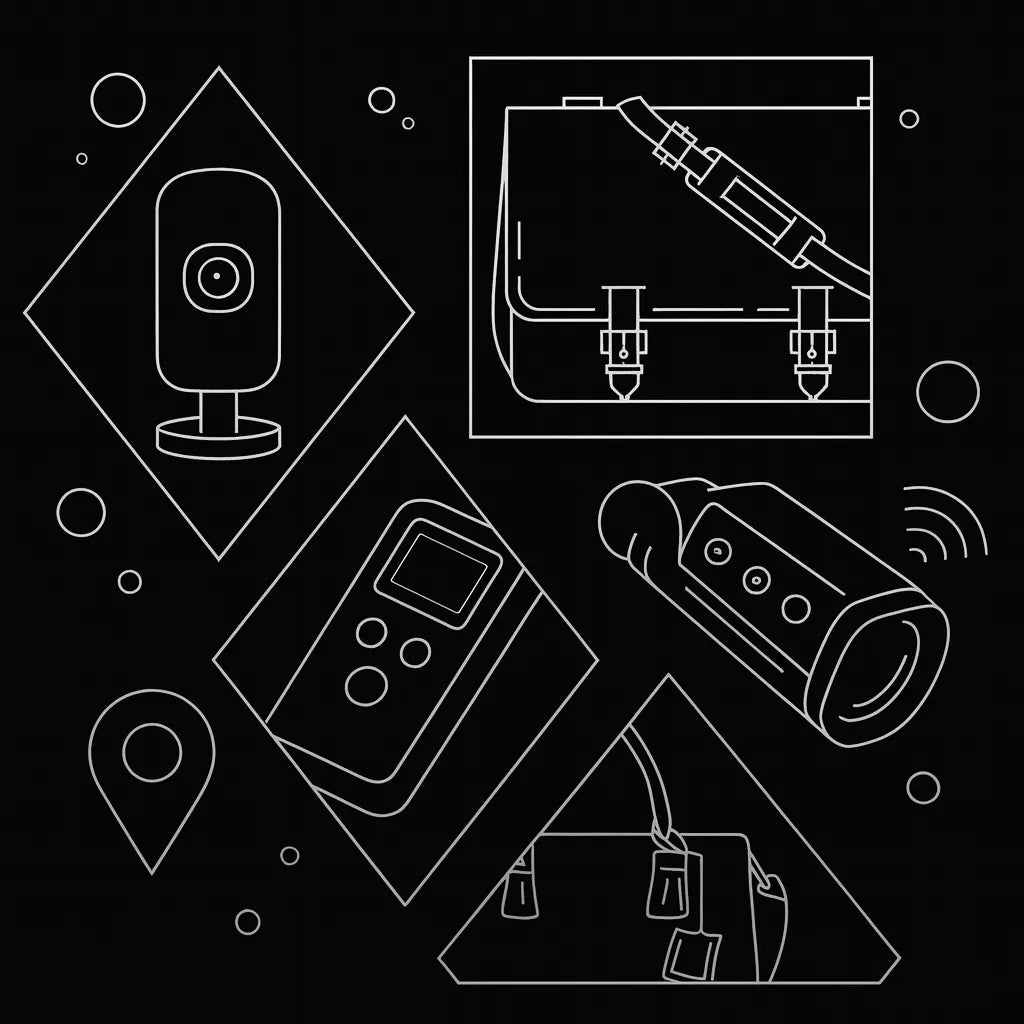
Más que equipo de espionaje
Añadiendo tecnología inteligente y gadgets cotidianos
Los clientes empezaron a pedir más: accesorios para coches, electrónica inteligente, gadgets para el hogar y el estilo de vida. Escuchamos. SpyShop creció hasta convertirse en una tienda multcategoría donde puedes encontrar tanto equipo profesional de espionaje como herramientas prácticas para la vida diaria en un solo lugar.
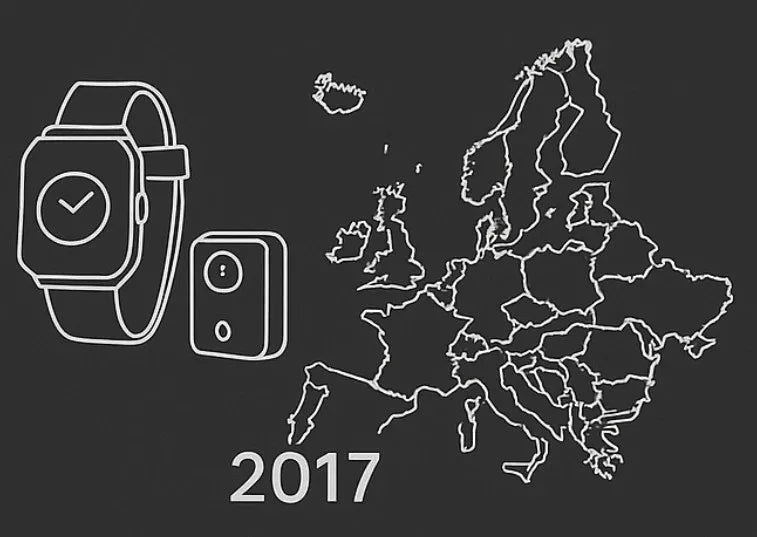
Confiable en toda Europa
Envío de la UE y Clientes Profesionales
Los pedidos comenzaron a llegar de toda Europa: usuarios privados, empresas, incluso agencias. Nos centramos en una mejor logística, manuales más claros y un servicio amigable con la UE para que los clientes pudieran sentirse seguros al comprar equipo especializado de un socio serio y confiable.
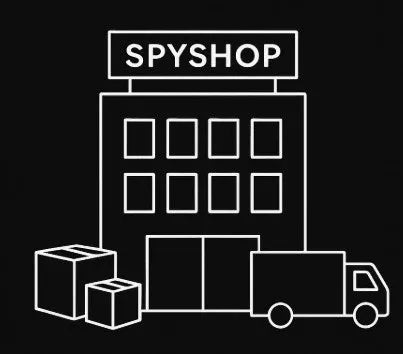
Nueva realidad
Protegiendo Hogares, Familias y Negocios
Cuando trabajar y estudiar desde casa se convirtió en la nueva normalidad, la demanda de seguridad y tecnología inteligente explotó. Cámaras ocultas, grabadoras y rastreadores GPS ayudaron a los clientes a proteger sus hogares, autos y seres queridos, mientras que pequeños dispositivos hicieron las rutinas diarias más simples.
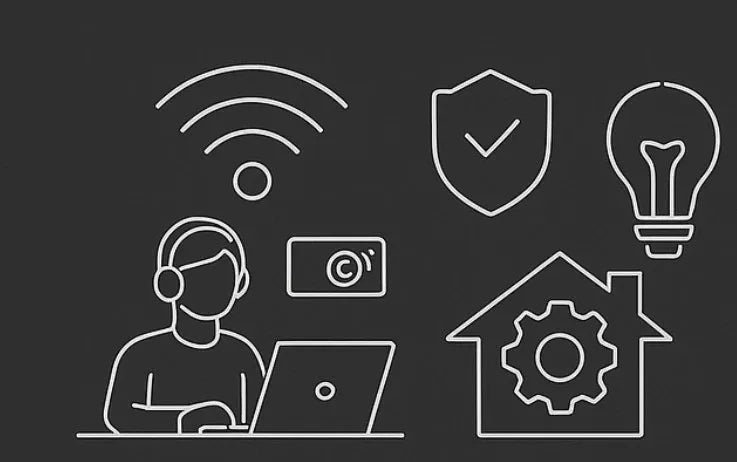
Mirando hacia adelante
Soluciones inteligentes para problemas cotidianos
Nuestra misión sigue siendo la misma: seleccionar cuidadosamente productos que realmente funcionen. Desde equipo de espionaje hasta accesorios para el hogar, belleza, automóvil, niños y mascotas, seguimos buscando soluciones más inteligentes y confiables, para que puedas sentirte más seguro, más organizado y con más control de tu día.
Testimonios
Lo que dicen los clientes
“Exactamente lo que necesitaba para grabar reuniones discretamente. La batería dura para siempre.”
Daniel M.
“El envío a Alemania tomó solo 4 días. ¡La calidad de la cámara espía me sorprendió!”
Lukas P.
Tienda increíble. El servicio al cliente me ayudó a elegir el rastreador GPS adecuado.
Ana R.
“Los electrónicos llegaron bien embalados. Funciona exactamente como se describe. ¡Recomendado!”
Marco L.
"Los accesorios para autos son de primera calidad. Instalados en 10 minutos sin herramientas.”
Tobias H.
“SpyShop nunca decepciona. Mi cuarto pedido y todo perfecto hasta ahora.”
Sarah B.


